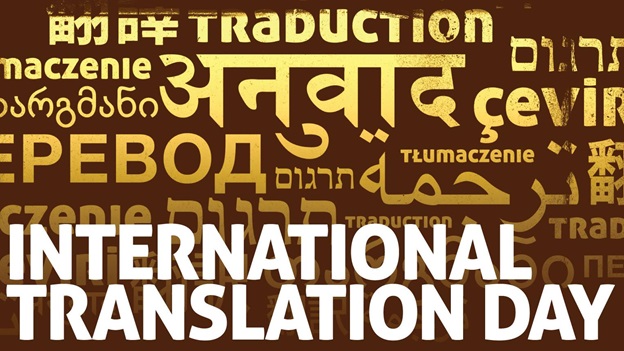
The UN Department for General Assembly & Conference Management (UNDGACM) was the first to announce the news on its official Twitter page: “Just happened: #UNGA declared 30 Sept. International Translation Day, recognizing the contribution of language professionals to the #UN.”
“Is this the time for the General Assembly of the United Nations to discuss translation with tens and thousands of people continue to die from war, hunger, and sickness?” Andrei Dapkiunas, Permanent Representative of Belarus to the United Nations, asked in his opening presentation. “How appropriate an agenda item is language and translations when the world is seeking a sustainable global paradigm for security, balanced development, and respect for human rights, which is difficult? (…) This resolution is about the underappreciated role of language in the life of our human society,” he said. “We feel that this deserves further discussion, perhaps legal protection of those translators working in conflict zones and in situations of higher risks.”
Eleven countries – Azerbaijan, Bangladesh, Belarus, Costa Rica, Cuba, Ecuador, Paraguay, Qatar, Turkey, Turkmenistan, and Vietnam – were behind the push and are the signatories of Draft Resolution A/71/L.68.
Wikipedia: “International Translation Day is celebrated every year on 30 September on the feast of St. Jerome, the Bible translator who is considered the patron saint of translators. The celebrations have been promoted by FIT (the International Federation of Translators) ever since it was set up in 1953. In 1991 FIT launched the idea of an officially recognised International Translation Day to show solidarity of the worldwide translation community in an effort to promote the translation profession in different countries (not necessarily only in Christian ones). This is an opportunity to display pride in a profession that is becoming increasingly essential in the era of progressing globalisation.”
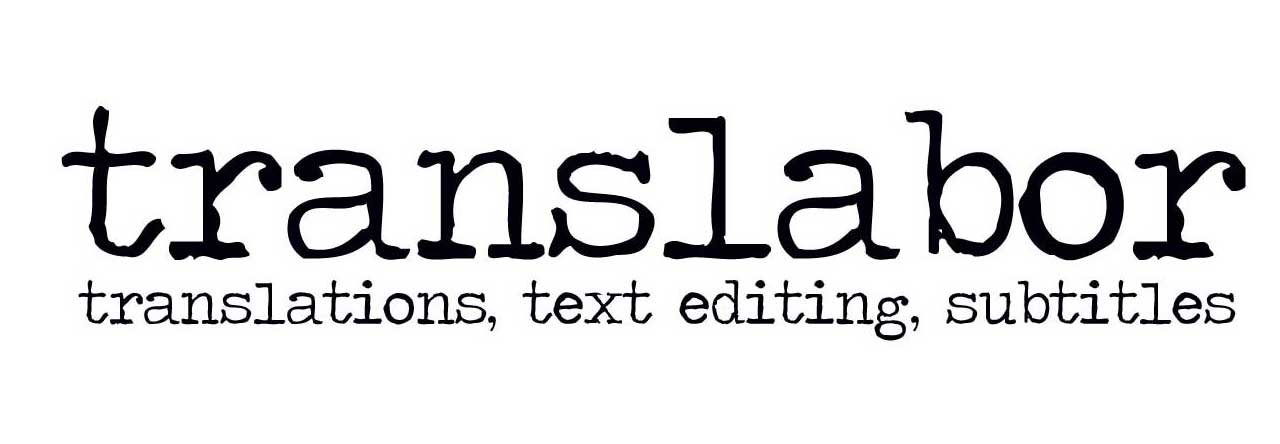




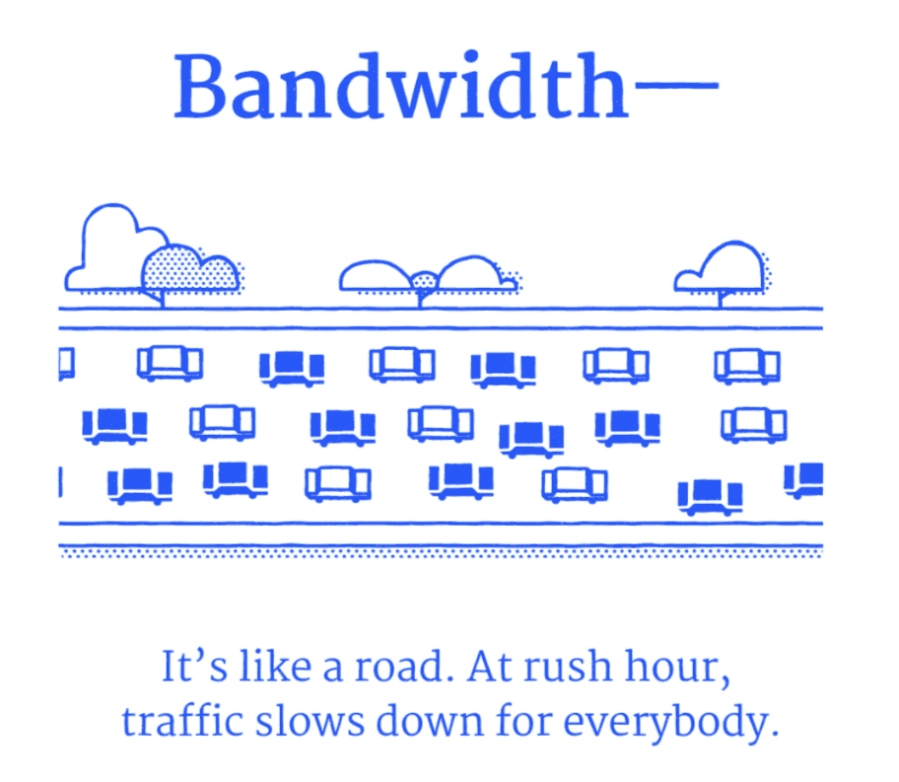


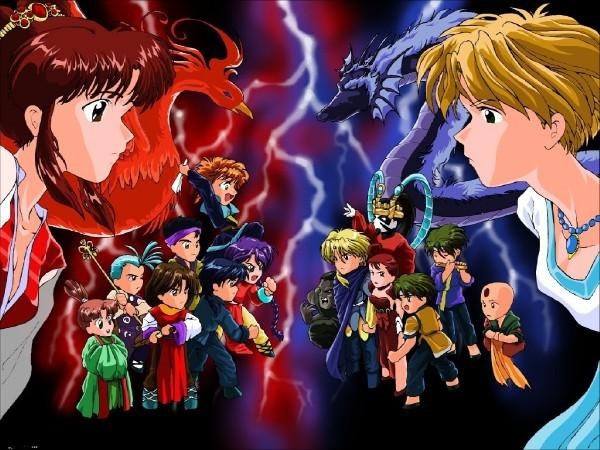
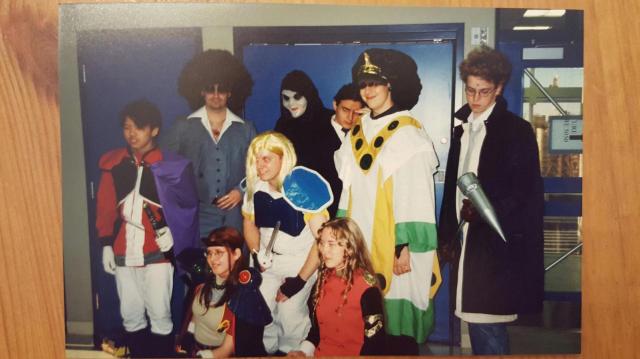
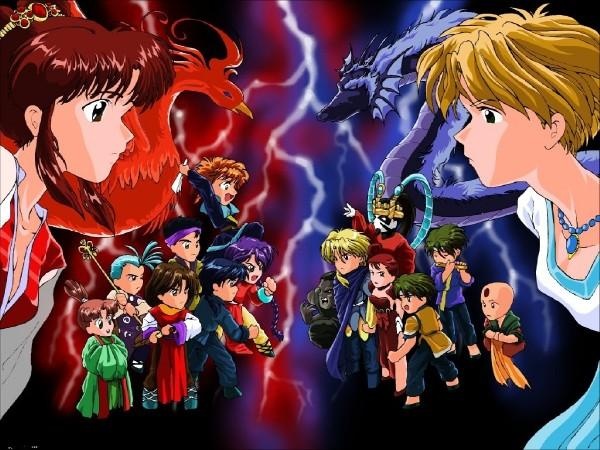

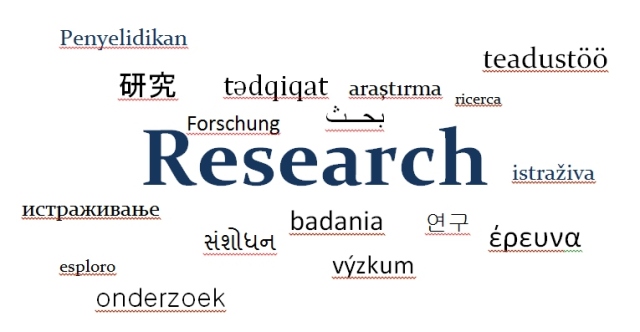


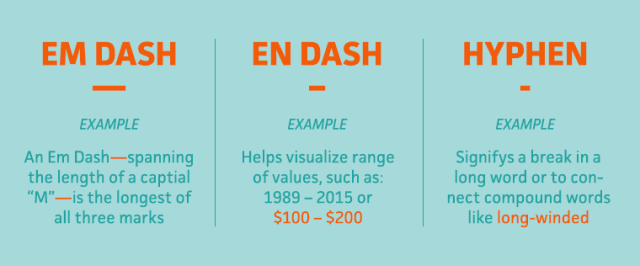
 elated article
elated article

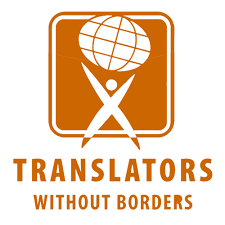




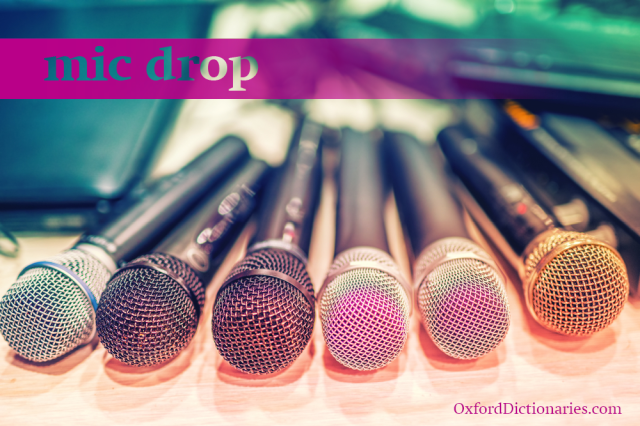
You must be logged in to post a comment.